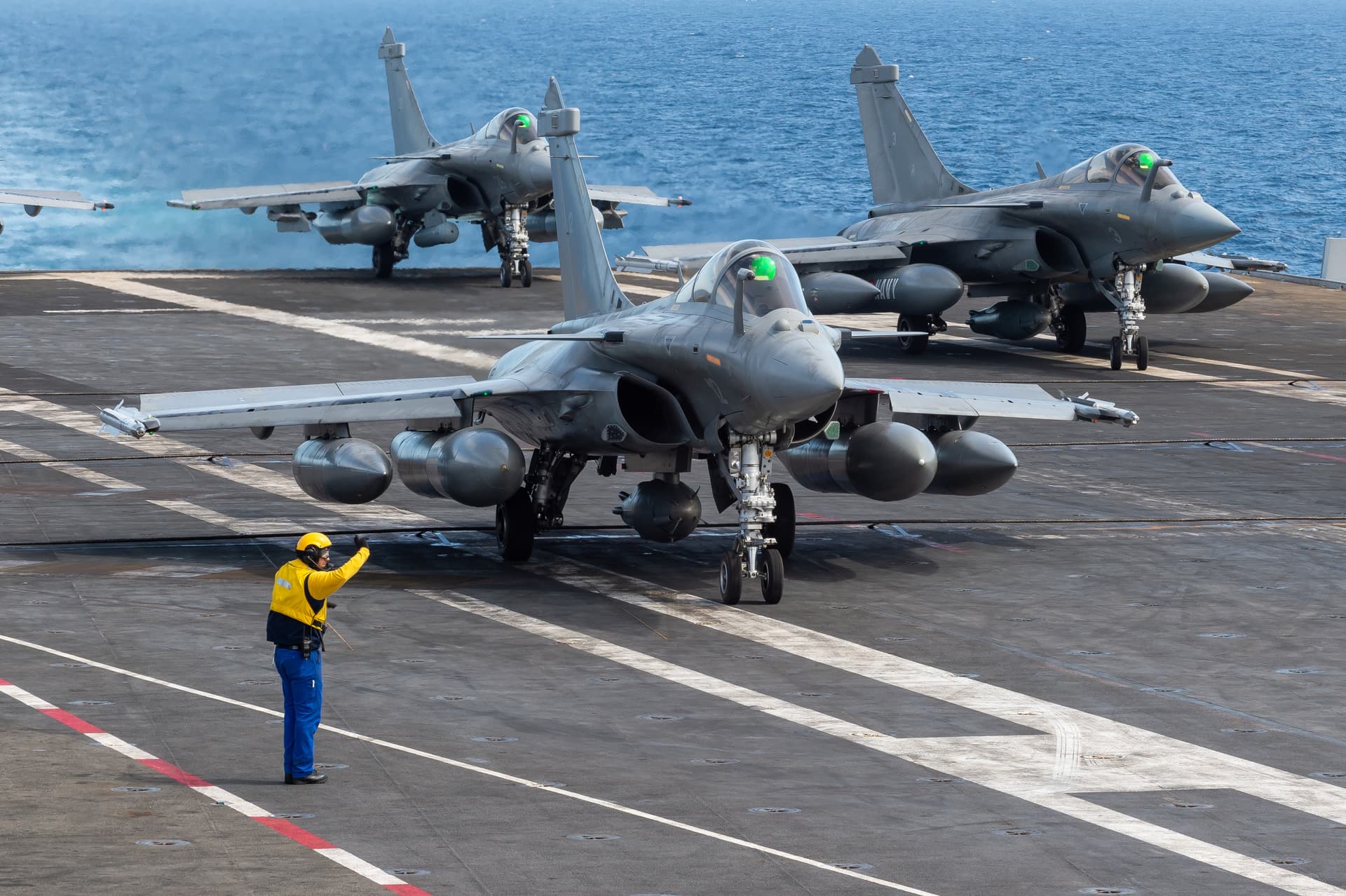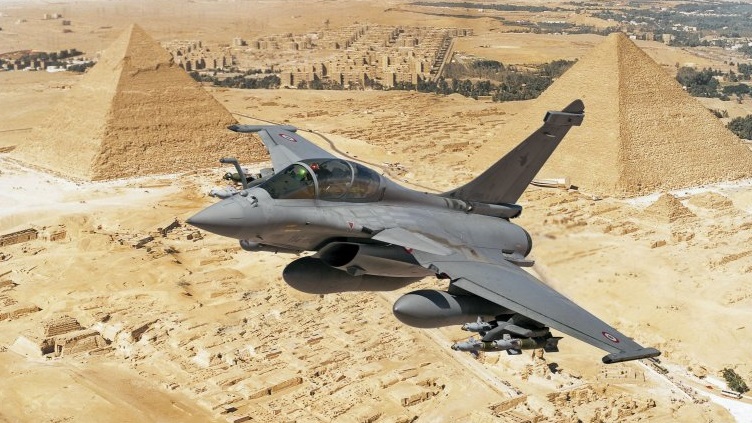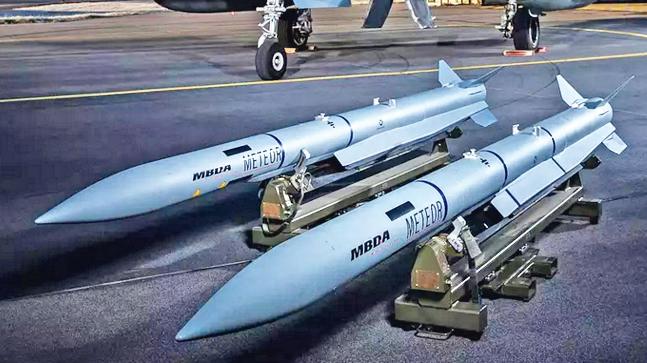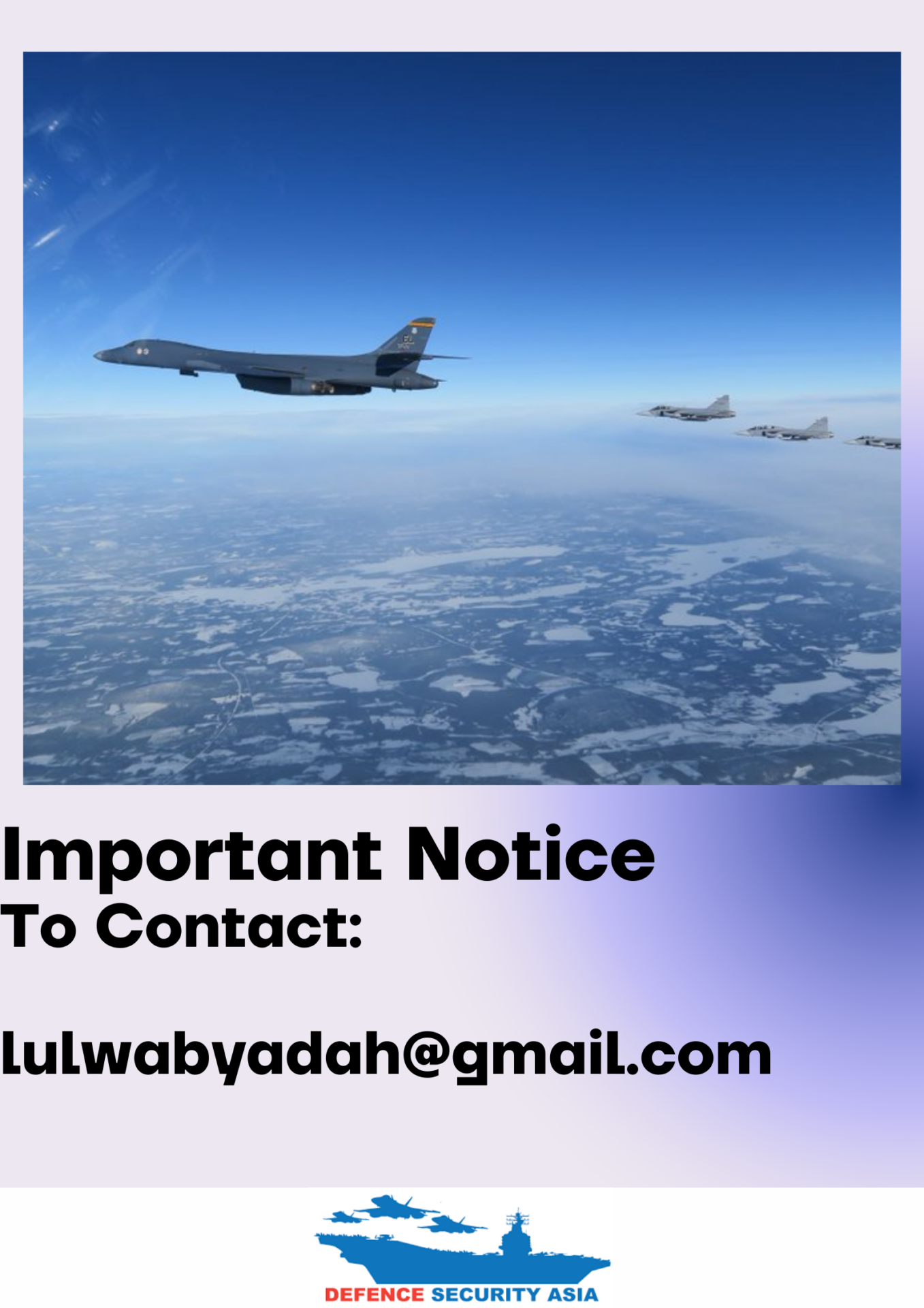Iraq to Acquire 12 Rafale Fighter Jets but Will Not Receive “Full Package”
However, similar to Egypt, the Rafale fighter jets to be operated by Iraq will not be equipped with long-range air-to-air missiles, specifically the "Meteor" beyond-visual-range (BVR) missiles, reportedly to preserve Israel’s military advantage.
(DEFENCE SECURITY ASIA) – Iraq has reportedly agreed to acquire 12 Rafale fighter jets from France, valued at USD 3.2 billion (RM13.2 billion), with the purchase to be financed through oil payments.
Iraq, one of the world’s largest oil exporters, has already made an initial payment of USD 240 million (RM1 billion), either in cash or through oil cargo deliveries, according to reports from Arab media.
This procurement is part of Iraq’s ongoing efforts to modernize its military with Western-made weaponry, shifting away from the Russian equipment that formed the backbone of its forces during Saddam Hussein’s rule.
In addition to the Rafale jets, Iraq is acquiring 12 Airbus H225M Caracal helicopters and Ground Master radars developed by Thales.
The new H225M helicopters will replace the aging Mi-17 fleet currently in use by the Iraqi military.

By acquiring the Rafale, Iraq will join other Middle Eastern nations operating the French-made fighter jets, including Egypt, the UAE, Qatar, and Oman, which is reportedly considering the purchase of 18 to 24 units from Dassault Aviation.
Iraq’s Air Force plans to integrate the Rafale as a key component of its air defense system, alongside its existing fleet of F-16 fighters.
The Rafale’s popularity continues to grow, with many regional and international buyers expressing strong interest, likening the jet to “hot cakes.”
Dassault Aviation has also gained traction in Southeast Asia, with Indonesia recently committing to purchase 42 Rafale aircraft.
However, similar to Egypt, Iraq’s Rafales will not be equipped with the long-range air-to-air Meteor missiles.


Analysts suggest that France’s reluctance to supply these missiles may be driven by pressure from Israel and possibly the United States, both keen on preserving Israel’s military edge.
Instead, Iraq is expected to receive the shorter-range MICA air-to-air missiles.
Despite being one of the largest Rafale operators in the region, Egypt was also denied access to the “full package” of capabilities, including the Meteor missile and other strategic armaments, to maintain Israel’s Qualitative Military Edge (QME).
Cairo has persistently lobbied France to provide the Meteor BVR missiles, developed by MBDA, for its Rafale fleet, but these efforts have been unsuccessful.
Israel is reportedly concerned that Egyptian fighters equipped with Meteor BVR missiles, particularly the Rafales, could pose a significant threat to its F-16 and F-15 jets and also the F-35 “Adir” in the event of an armed conflict.
Following Egypt, Iraq will become the newest Middle Eastern operator of the Rafale, though it will likely face similar restrictions on missile capabilities, with the MICA missile being the primary armament for its fleet – a limitation imposed to maintain Israel’s military advantage. – DSA



Comments are closed.